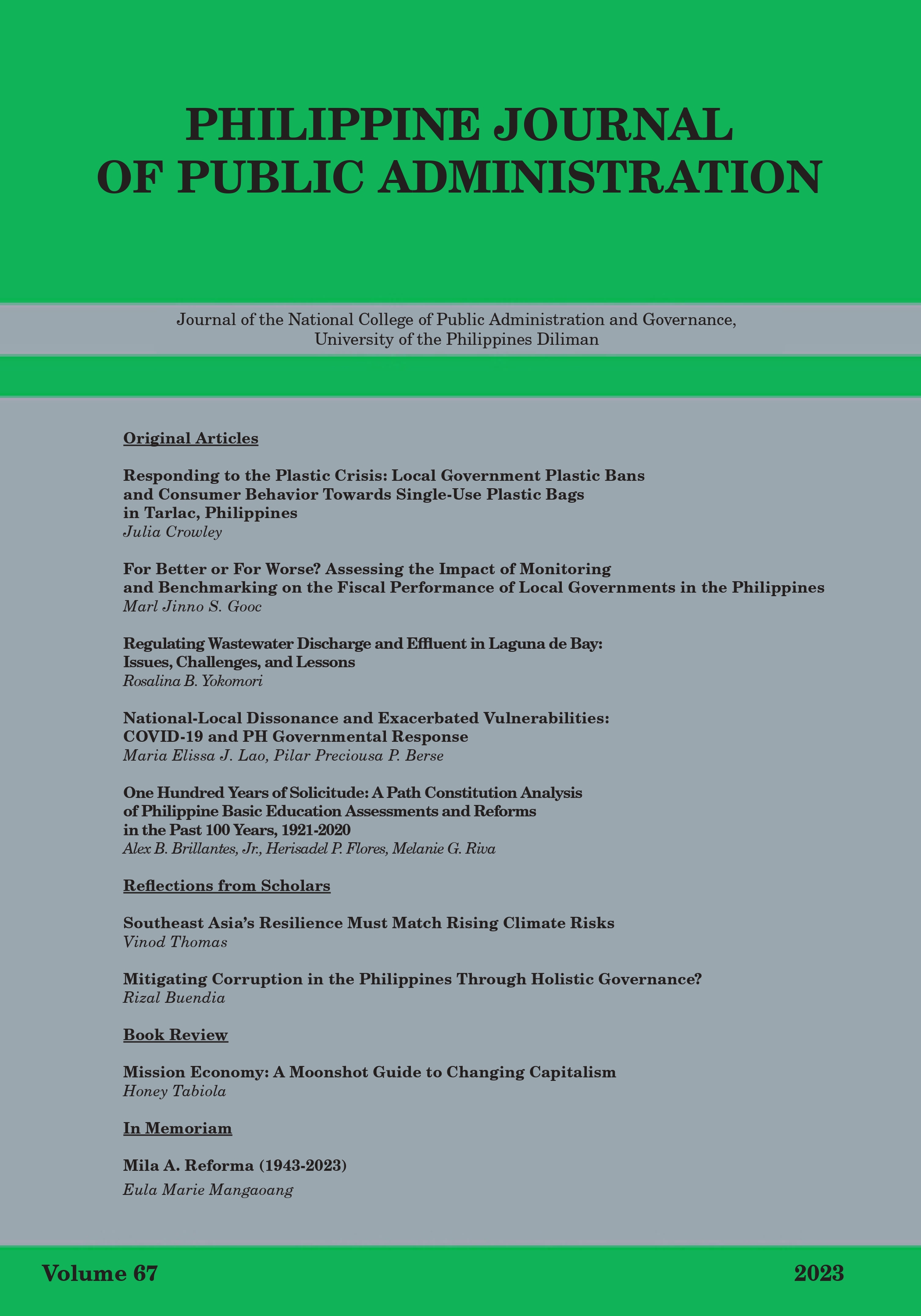Southeast Asia's Resilience Must Match Rising Climate Risks
Abstract
Southeast Asia is seeing record-breaking temperatures and unprecedented floods and storms, inflicting a severe blow to lives and livelihoods. As these disasters are the result of carbon accumulation in the air, which stays in place for decades, the priority for climate adaptation is patently clear. Adaptation needs to be multifaceted, ranging from spending on drainage systems to health. Higher funding allocations are needed for adaptation, and they ought to be approved ahead of disasters. Climate adaptation on its own will not keep up without climate mitigation. Southeast Asia has grown at some 5% a year over the past decade with most of its energy needs met unfortunately by fossil fuels. To contribute to global mitigation, the region needs to reverse its heavy reliance on coal, oil, and gas, and become a leading advocate and user of wind, solar and other renewables. Essential for decarbonization is carbon financing, which falls short of what is needed. Experiences with other events like COVID-19 suggest that financing is driven by public opinion and political pressure. Public opinion in Southeast Asia needs to support disaster relief and prevention, and political decisions will follow accordingly.

This work is licensed under a Creative Commons Attribution 4.0 International License.



